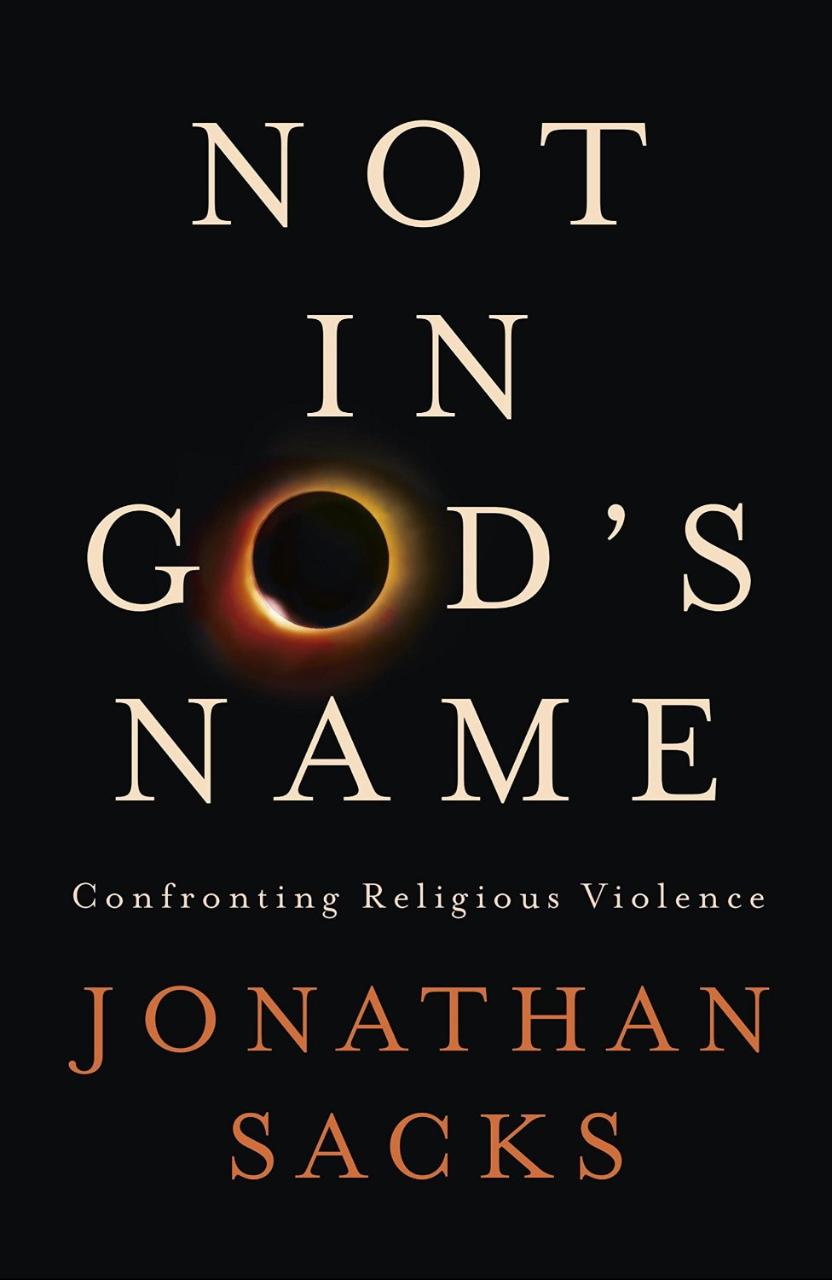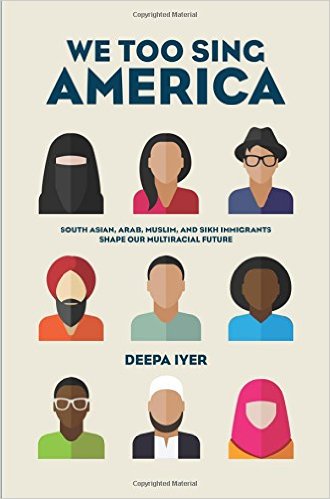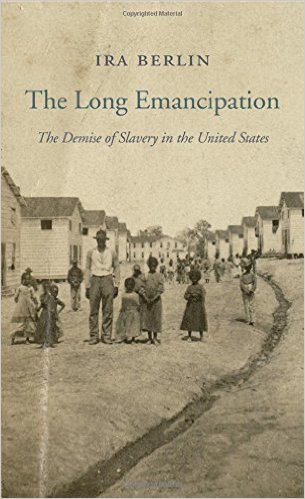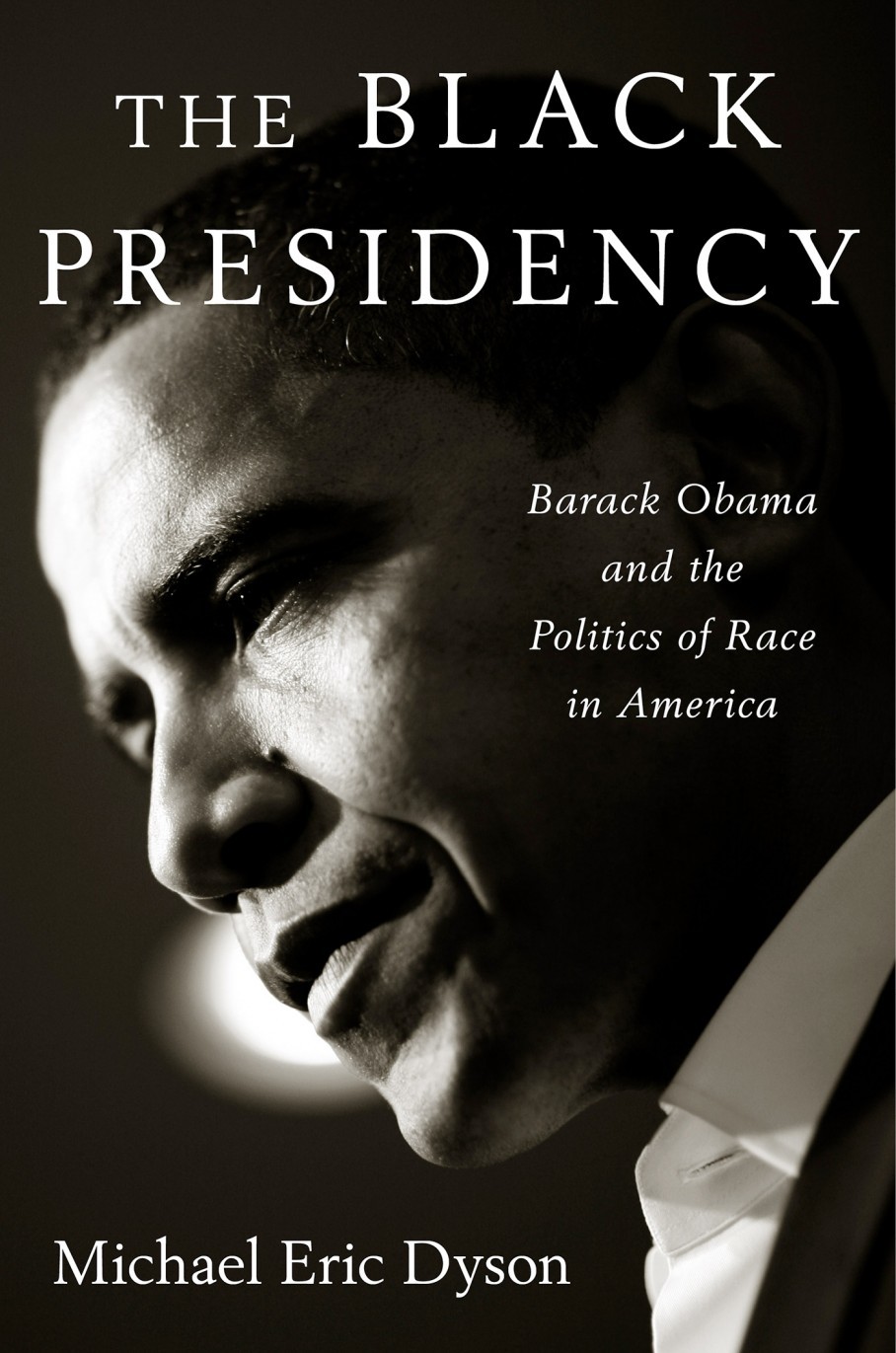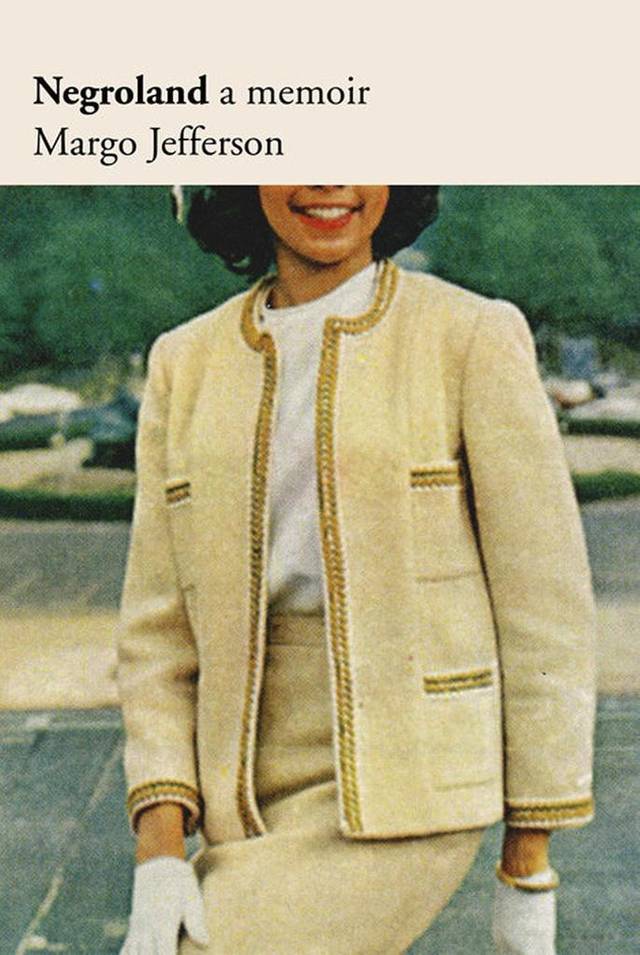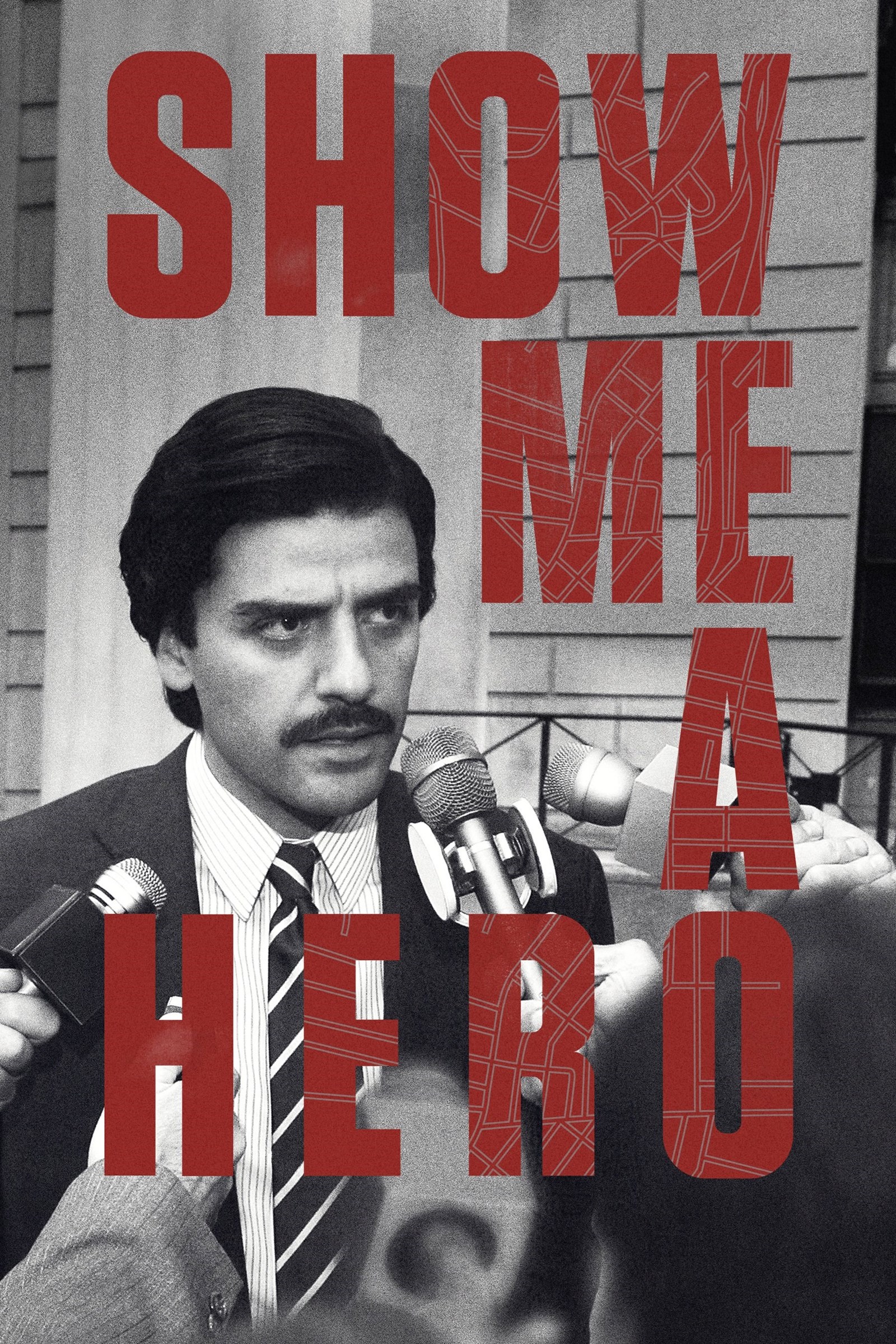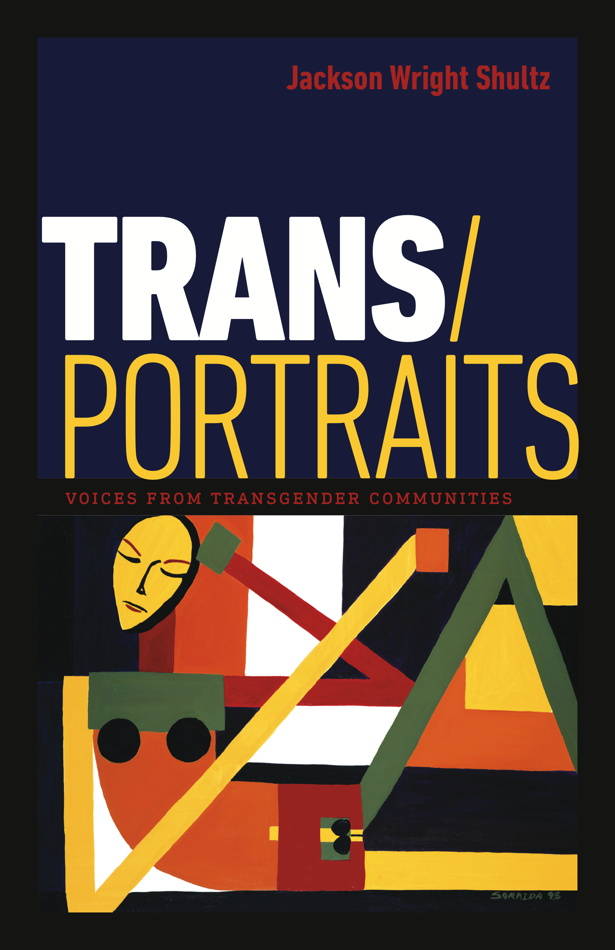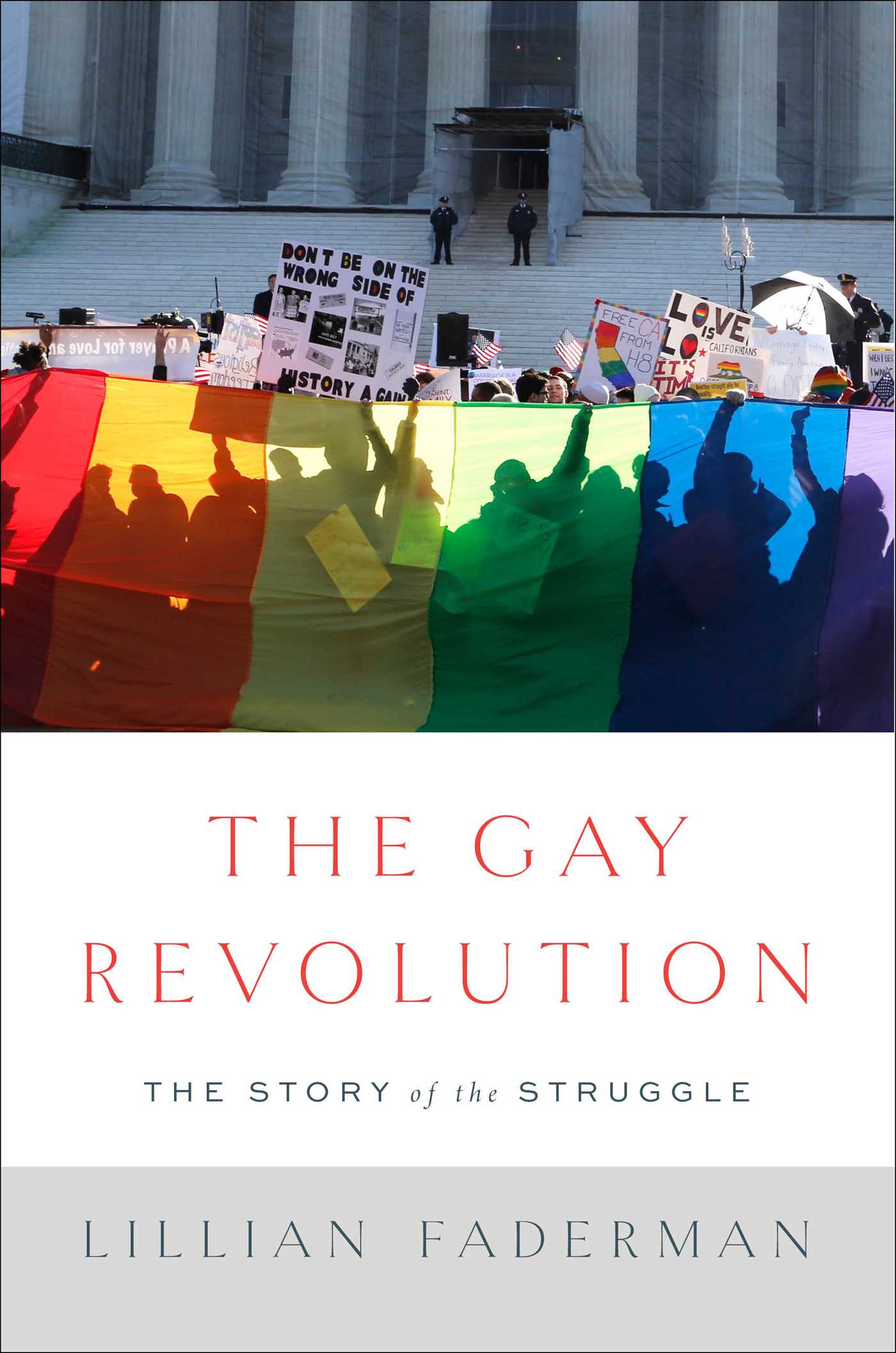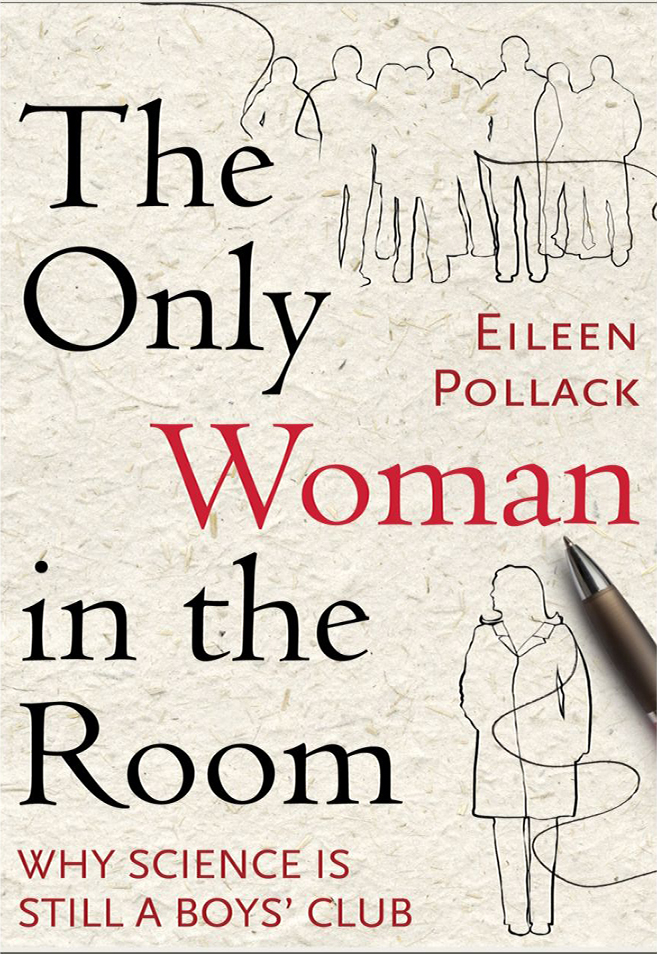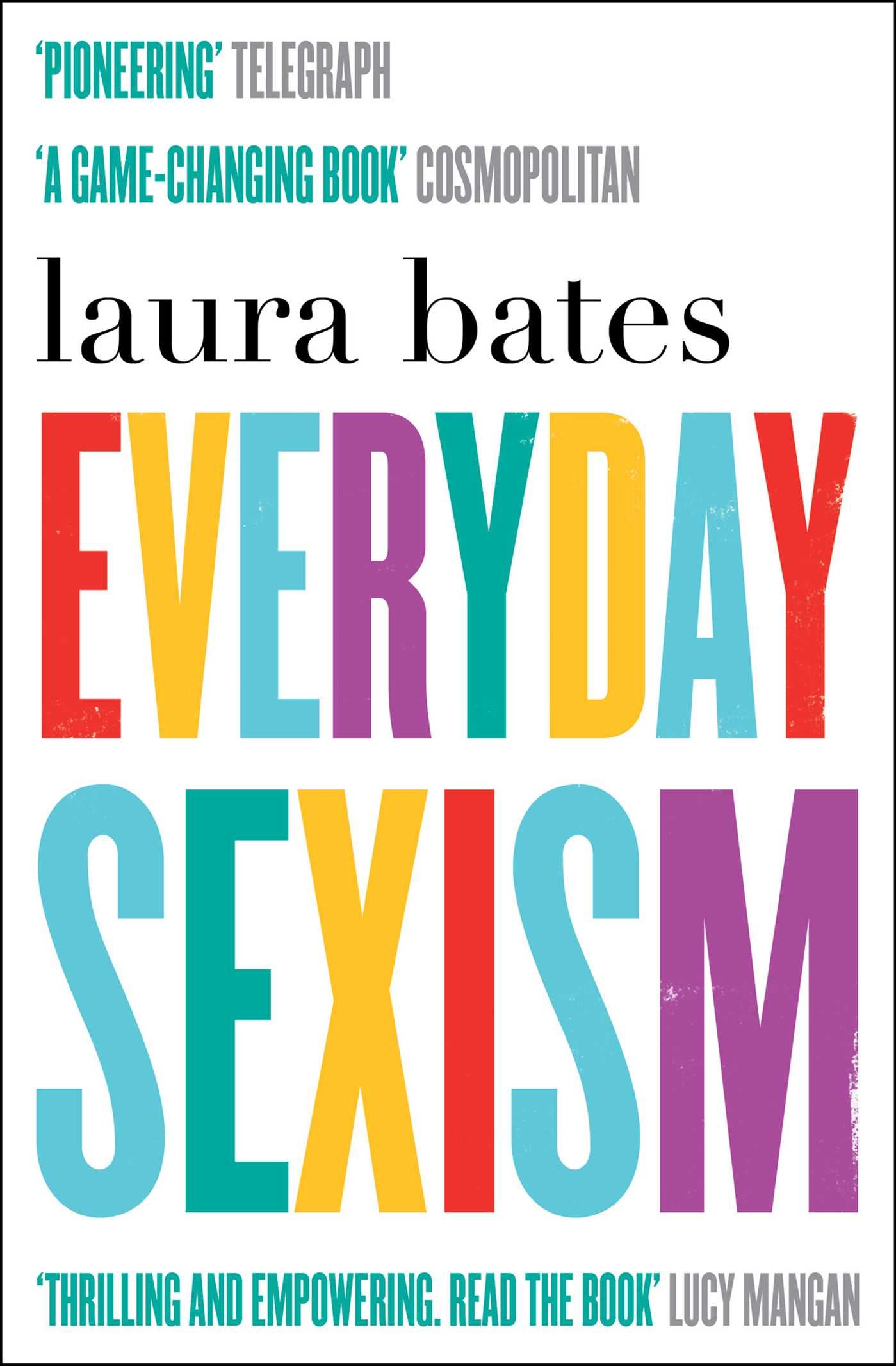Three weeks ago, Illinois State University Student Trustee Connor Joyce felt a sense of deja vu while talking with an alumnus who was on campus for homecoming weekend.
The alumnus recounted he was tailgating when a man in Redbirds attire approached him, shook his hand and struck up a conversation. During their chat, he asked the man if he worked for the university.
"Yes. I'm Larry Dietz, the university president," the man answered cheerfully.
"The guy was blown away," Joyce recalled, adding the alumnus probably assumed he was talking to a staffer on the welcoming committee or someone enjoying the tailgate. "He couldn't believe the president of the university would be walking around ... shaking hands with everybody."
"I wasn't surprised," continued Joyce, who knew how personable Dietz is and how much he enjoys meeting people. "I would only expect that of President Dietz. At the same time, I was proud to hear that. It's just an example of the great institution we have, and how this school and its top administrator are open and approachable and focused on people ... and giving them a great experience here."
Dietz's appointment as Illinois State's 19th president in March 2014 came at a low point in the history of the state's oldest public university, according to board Chairman Rocky Donahue.
But in the 20 months he's been at the helm, Donahue said Dietz not only restored trust and confidence in the school's leadership, which took a hit under his predecessor Timothy Flanagan's 7-month tenure, but also has "continued the momentum that was built under previous administrations.
Under Dietz' watch:
— "US News & World Report" ranked ISU the 79th best public university in the nation, up from 81 in 2014.
— The school was ranked fifth in the Midwest Best Bang for the Buck category of the Washington Monthly's book, "The Other College Guide: A Road Map for the Right School for You," based on its affordability, financial aid, low student debt and high graduation rates.
— It was named a "Great College to Work For" according to survey by "The Chronicle of Higher Education" in the category of teaching environment, which looks at innovative and high-quality teaching.
— ISU has many nationally ranked sports teams, and more than 350 registered student organizations to be involved in.
— The 2015 freshman enrollment marked a 26-year high with 3,632 students.
— Total enrollment increased 1 percent over last fall. There was an 8 percent increase in the number of Hispanic students and a 6 percent increase in African-American students, and one-fifth of the student population comes from traditionally underrepresented groups.
— The school raised $36.8 million in private funds, breaking its private fundraising record for a second straight year and doubling last year's amount of $19.5 million. The gifts mostly support scholarships and academic programs.
"We're in a good place now," Donahue continued, pointing to ISU's ranking as one of the top public universities in the U.S. and a recent College Scorecard report highlighting the school's 71 percent graduation rate, 82 percent freshman retention rate and 2.8 percent student loan default rate, all much better than the national averages.
"For students ... our competition is the University of Illinois, Missouri, Wisconsin. We're in that tier now. That's a result of a lot of hard work and certainly Larry Dietz as well. ... There's a lot of confidence in the university from the community — the alumni, students, parents, faculty, staff — now. I can't say everyone's happy with everything. But everyone says we have the right person at the helm, and they have confidence in him,"
Current and past trustees, faculty and staff, students and alumni say that has a lot to do with Dietz's personality. He's accessible, open and willing to listen, they said. He's also humble, down to earth and has a genuine compassion for students and desire to see them succeed.
"One thing that really struck me about Larry was his human quality and ability to relate to people," said Judge Michael McCuskey, who chaired the board when Dietz came to ISU as vice president of student affairs and later was promoted to the top job. McCuskey has since stepped down as a trustee.
"In everything that Larry does, he goes the extra mile for students," McCuskey said, recalling how in his previous position he handled a student's suicide, reaching out to the parents and presenting them with a diploma in their son's honor and leading the Redbirds community in the grieving process. "I think that's what a president should do — be concerned about students first because they are who we're here to serve. Of course, that's been his passion for over 40 years — serving students."
While Dietz was thrust into the presidency suddenly and unexpectedly after the board and Flanagan decided to part ways, he said he was ready to take the reins due in large part to his four decades in higher education, serving as an administrative staffer, leader and professor.
"It was a good fit for me, and I believed in the values of our 'Educating Illinois' strategic plan," said Dietz, who sees ISU's mission as "being the premier undergraduate university in the state ... in terms of both our academic programs and co-curricular offerings with selective, high-quality graduate programs. That's the lane we swim in ... and within our lane we want to have the most efficient stroke and swim faster than anyone else in the state."
Dietz credits his parents, Herman and Helen Dietz, and his upbringing on a 160-acre dairy farm outside of DeSoto, in Southern Illinois, for shaping his work ethic, values and character traits.
His great-grandfather homesteaded the farm in 1863, and his brother, Clifford Dietz, owned it until his death in September. Today, two nieces and three grandnieces live there, and he visits when he can. As a boy, Dietz rose at 4:30 each morning to help milk cows and feed chickens and hogs before eating a quick breakfast and taking a long bus ride to school. There were more chores to do after school — before dinner and homework.
"You learn a lot about hard work and responsibility," said Dietz, who also developed a business acumen and entrepreneurial spirit on the farm.
He also learned to get through challenging times by keeping a positive attitude, not dwelling on things he couldn't control, having faith and leaning on family and friends for support.
Dietz attended DeSoto Elementary School, where his mother taught for years and his father served on the school board.
"There aren't many of you around, so you got to do a lot of different things," Dietz said with a laugh, adding his class consisted of nine girls and seven boys, many of whom still keep in touch. "I think I played on every sports team."
Dietz enjoyed school and doing homework. He also was a voracious reader. While there wasn't a lot of money for books, he devoured his Scholastic "Weekly Reader" magazine that he got at school.
"It kind of expanded my horizons and told me about other places in the world and other things that were happening outside my family farm, DeSoto and Jackson County."
Finding his calling
After graduating from Carbondale Community High School, Dietz studied political science at Southern Illinois University Carbondale. He had hoped to attend law school, but a lack of finances led him to a job teaching government at his old high school that summer. When the job was eliminated in the fall, he returned to the farm to help bring in the harvest and applied for various jobs. One offer was for a financial aid adviser at Southern.
"I knew something about scholarships ... and not having a lot of money. And other people had helped me along when I was a student, so I thought this might be a good fit," Dietz recalled.
After two years of working in the financial aid office and on a master's degree in higher education and student personnel, Dietz took on more responsibility in the financial aid division at Iowa State University. He worked there for 13 years, finished his master's program and earned a doctorate degree in higher education administration.
In Ames, he had an opportunity to work as the assistant to the vice president for student affairs.
"That really opened my eyes to some of the other units within the university," Dietz said. "I felt a terrific desire to work in a capacity to help other students and watch them grow and develop."
Dietz went on to serve at the University of Missouri-Kansas City, where he held various leadership positions including vice chancellor for Student Affairs and Enrollment Management, and at his alma mater, where he was vice chancellor for student affairs, special assistant to the chancellor and a tenured associate professor in educational administration and higher education.
Then in 2011 he came to Illinois State, which had "a stellar" reputation and gave him a chance to work with then-President Al Bowman, who was well-respected and beloved by the Redbird Community.
"He and I got along famously. I thought I would finish my career working for him."
But after 10 years at the helm, Bowman retired in 2013. Dietz hoped to succeed him but came up short in the lengthy, national search.
"No one really likes to be second," Dietz said, admitting he felt some professional and personal disappointment. But, he said he never thought about bailing on ISU to seek out another university president or chancellor's position.
"I tell our students that leadership is about stepping up and stepping out. It's not about getting what you want all of the time. I needed to model that myself," said Dietz, who had made a commitment to help the university and his division through the leadership transition. "I was committed to being the best VP I could be regardless of who was sitting in the president's chair."
Unfortunately, the transition didn't go smoothly, officials recalled. Flanagan drew criticism for not being responsive or taking advantage of opportunities to interact with students, among other things. The final straw was when he came under investigation for a confrontation with the then-superintendent of grounds over the unauthorized removal of decorative lights at the university-owned president's house.
After Flanagan stepped down, Dietz had to deal with the fallout, including answering why Flanagan walked away with a $480,418 check, negotiated under his resignation agreement — and run the university, which enrolls more than 20,700 students and employs about 3,500, making it McLean County's second-largest employer behind State Farm.
"I'm overall, a very positive guy, and I really do believe we shouldn't spend a lot time on things we can't control," Dietz said on his approach to stemming the controversy and moving forward. "What was history was history. I was hired to look to the future, and that's what I planned to do ... and what I encouraged other people to do. ... We've had great support from the community, from the towns of Normal and Bloomington.
"There's a lot of people who not only want us to succeed, but be excellent," continued Dietz, who wasted no time moving down the hall to the president's office in Hovey Hall and getting to work on filling cabinet positions, increasing diversity and civic engagement, planning the $32.9 million Bone Student Center revitalization project and other capital improvements, launching the "Redbird Scholar" biannual publication showcasing the university's research, scholarship and creative projects, as well as day-to-day operations.
University leaders said they have enjoyed working with Dietz in his new role.
"He has shown great leadership with respect to our budget and ... responding to the impasse at the state level. He has also initiated or bolstered campus-wide initiatives regard to international curriculum and global learning ... and fostering a campus climate that will be more and more inclusive of diversity in our student body and faculty/staff ranks," Susan Kalter, chairwoman of the Academic Senate, wrote in an email.
The 62-member body shares governance with the president in matters regarding academic policy. Officials boast ISU's model has one of the highest student representations with roughly a third of its members being students.
"I've found him to be not only open to shared governance but intensely interested in and engaged in listening to disparate voices on the Senate and elsewhere. He seems to thoroughly enjoy the debates that we have and gives generously of his time and energy in various meetings with faculty, students and staff," Kalter continued of Dietz, who meets with the group every two weeks and with the executive committee in the off weeks to plan the agenda.
"If I have an issue, he's very open to meeting, depending on his schedule," student body President Ryan Powers said, adding the president's calm, friendly and down-to-earth demeanor makes many students feel welcome and comfortable bringing him their concerns or ideas.
"He gives everyone in the room a chance to have a voice and feel like they're being heard," Student Trustee Joyce agreed. "You know that regardless of whether or not he agrees with you, he's going to value your opinion."
"His goal is always to work as a collaborator so we can create an environment where everyone is engaged and focused on student success and a commitment to excellence," said Janet Krejci, vice president for academic affairs and provost. "And one thing he is always saying is the largest room anyone will ever be in is the room for improvement. We'll always be focused on doing what we can to be better. He's very calm and very focused on getting us to be the best we can be and always open to getting better."
Chief of Staff Jay Groves called Dietz an innovator. For example, he said, ISU is already recognized as a national model for engagement education and activity, but the president didn't want it to rest on its laurels, It was his idea to launch a Center for Civic Engagement to help coordinate programs throughout campus and catalog them and serve as a clearinghouse of information for the university and beyond.
"We want to produce folks that are known in their field. But it's also incumbent upon us to graduate solid citizens ... who not only have good jobs but are good community members who will run for office and be leaders in the communities in which they live and work. That's really our mantra," Dietz said.
Rough road ahead
Dietz said the state budget impasse has been, by far, his biggest challenge in office. He's been an integral part of the full-court press on Gov. Rauner and the Legislature by the nine public universities, led by UI President Timothy Killeen, to adopt a FY2016 budget and restore the millions of dollars in funding to higher education that would be cut under Rauner's plan.
When he hasn't been in Springfield or meeting with lawmakers on Eastern Illinois University's campus, he has been meeting with faculty and staff councils, campus groups and students to reassure them that Illinois State remains stable and the crisis hasn't reduced classes, research or other scholarly activity yet.
"We've been in the business of providing a quality education for years, and we're going to continue to stay in business," Dietz said, adding the university's strong enrollment and healthy reserves have allowed it to continue providing tuition waivers to 680 veterans, National Guard members and special education students and Monetary Award Program grants to more than 4,000 income-eligible students this year.
In October, trustees approved the university's FY2016 operating budget of $422.25 million, reflecting a $7.4 million, or 10 percent, decrease in state appropriations from the previous fiscal year. Because of the funding uncertainty, the university has placed a freeze on administrative hiring and eliminated some positions and deferred millions in renovations and maintenance projects and equipment purchases.
Killeen said the silver lining in the budget impasse has been that the relationships between the nine public university presidents has been strengthened. They meet weekly by phone or in person before Illinois Board of Higher Education meetings "to advocate for the collective best interests of our campuses and the 200,000 students that we serve."
"President Dietz's experience and insights have been invaluable to our efforts, particularly for those of us who are still relatively new to Illinois," said the Welsh-born Killeen, who came to Illinois from State University of New York's Research Foundation. "He grew up here, he earned his undergraduate degree here, and he has spent nearly half of his 40-plus years in higher education here."
Killeen called Dietz, who currently convenes the Illinois Public Universities Presidents and Chancellors Group, a consensus builder "who is always willing to share his talents to help guide us forward and make our case that investing in higher education is an investment in Illinois' future.
"His decades of knowledge, his commitment to excellence, his roll-up-your-sleeves work ethic and his student-centered focus are making a difference not just at ISU, but for public higher education in Illinois as a whole."
'Go Redbirds!'
Dietz briefly addressed the budget stalemate at a presentation to 700 high school students — mainly from Chicago and St. Louis and the surrounding suburbs — who were on campus a week ago as part of the I Can Do ISU program, aimed at recruiting prospective students from traditionally underrepresented groups.












